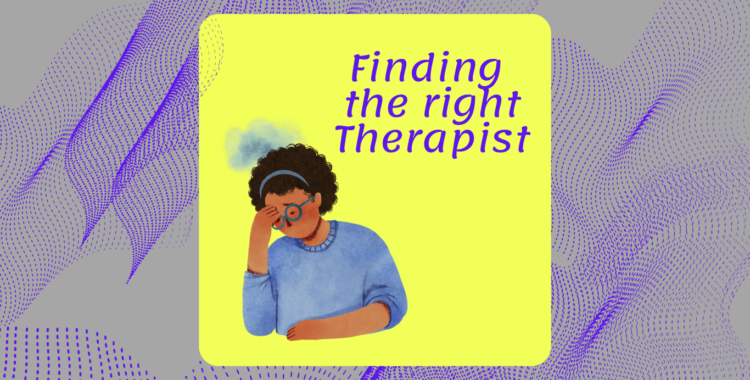
There’s not only a shortage of therapists and appointment availability since the height of Covid, but for those seeking a Black counselor, the search is even more difficult. Only 4% of psychologists in the country are Black and only 2% of psychiatrists are Black.
Navigating the health system to locate a competent counselor can be challenging. Finding out what your insurance covers, finding a therapist who accepts insurance or paying out-of-pocket can be mentally and financially draining.
But once you overcome those hurdles and find a counselor, how do you know you have found the right fit?
The last time I looked for a therapist I tried Better Help. Given how much advertising they do, I had certain expectations. I was very surprised and disappointed by my experience. It was a sizzling. hot. mess.
When I signed up for Better Help I went to their database and put in my preferences in terms of types of practice, ethnic background, etc. I wanted someone who could presumably understand workplace discrimination, so I chose a Black female counselor.
I don’t remember there being any opportunity for a consultation or chance to feel someone out and find out if we’d “click.” I made my choices, scheduled my video appointment and waited to connect.
My first therapist was ineffective. It was like playing with broken Legos – no click, no snap, nothing. She lacked the depth I needed and had become used to from other counselors. She asked very surface questions like if I enjoyed shopping as a means of self-care and other trivial nonsense. I thought, What the hell is this? I don’t need a girlfriend I need a therapeutic professional. I tried to be fair (I don’t know why) and gave her another chance.

It was even worse.
This time, she explained that she was renting a place to stay so she wasn’t in her usual environment. She was doing laundry, and the noise was so loud it sounded like she was washing 23 pairs of sneakers. (CLANG! CLANG! CLANG! CLING! CLANG!) At times I could barely hear her. I got off the call feeling like what the entire hell did I just go through???
Ok, onto the next.
The next therapist showed up all wrong. It looked like she was lying on her side, in a satin bonnet and…eating snacks. (Yep, you read that right. Homegirl was popping chips…) I thought to myself, Bish are you serious? Just because you work from home doesn’t mean you’re not at work!
I couldn’t do it. I asked her to stop eating, but it all just felt disrespectful as hell, and I cut the session short. I was like Girl, bye!

Ok… take three…
I contacted Better Help again and told them about the disappointing experience and was assigned to a third therapist. This time she was white. She showed up looking like she was being held prisoner in a basement. The background was very dark, and I could barely see her face. I asked her where she was and she said, “In a room” and pulled back the curtain revealing sunlight. I didn’t know if I should contact 911 for her rescue.
I began telling her how I’d been feeling due to my work situation, and she had not one thing to say. She shook her head and said, “I got nothin’.” I thought, You cannot be serious. ANOTHER inept nut-loon???
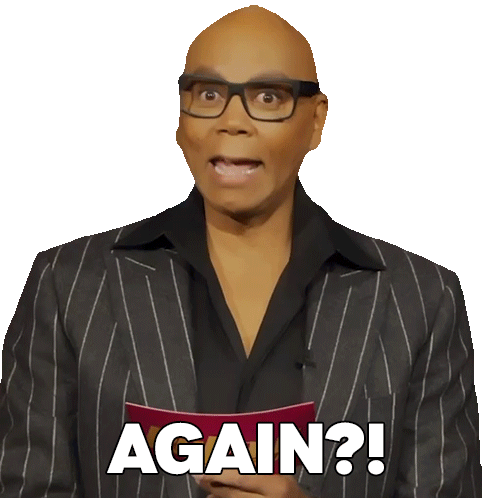
Three strikes and you’re out. None of these folks had the goods. They could barely show up for themselves in terms of having pride in their work, so obviously they couldn’t show up for me.
I’ve had other ridiculous dealings with so-called therapists but that was the latest. I’m happy to say that my current therapist, a Black woman, is professional and offers helpful insights. I feel heard, seen, understood and respected.
I found her on the Psychology Today database that lets people search for counselors by ethnic background, insurance, therapy style and other qualifiers.
So, when looking for a therapist, it’s important to know what you want and know your boundaries. Do your research. Have an idea of what you want even if you don’t know what exactly will be effective. If you feel comfortable, ask around and find out if people have any suggestions.
Some basic things to look for include:
- Do you prefer a male, female or non-binary counselor?
- Do you prefer to meet in person or virtually?
- Do you prefer a counselor who has the same identity as you?
- What type of counseling do you need (i.e. Behavioral Therapy, Cognitive-Behavioral Therapy, Mindfulness-Based Therapy, etc.) and what areas should your counselor specialize in (trauma, anxiety disorders, eating disorders, substance abuse, etc.)
After finding a therapist, there are some questions to consider regarding whether it’s a good fit. These are just a few:
- Do I feel heard?
- Do I feel judged?
- Am I receiving effective feedback that’s applicable to my circumstance?
- Am I getting guidance that could cause me harm?
Trust your instincts. If you find a therapist and feel that person isn’t for you, you’re likely right. You can leave any time. You don’t even have to wait until the session is over. You can walk right out or shut that computer down.
Therapy is one of the only spaces in life where it’s all about YOU. It’s your time to feel fully supported and comfortable. If you’re not getting what you need, express that to your therapist and hopefully, they can work to accommodate you. If they can’t, BE OUT!

It’s understandable if at times mediocre support is better than nothing at all, but in the long run, you deserve and NEED someone who can effectively address your needs and assist in your healing.
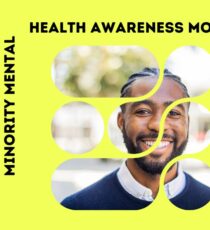
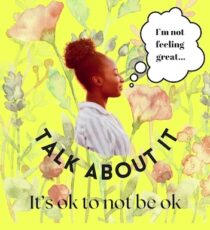
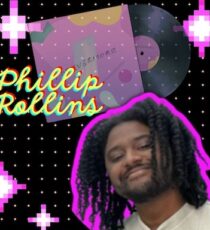
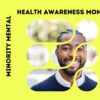
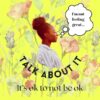

Social Menu